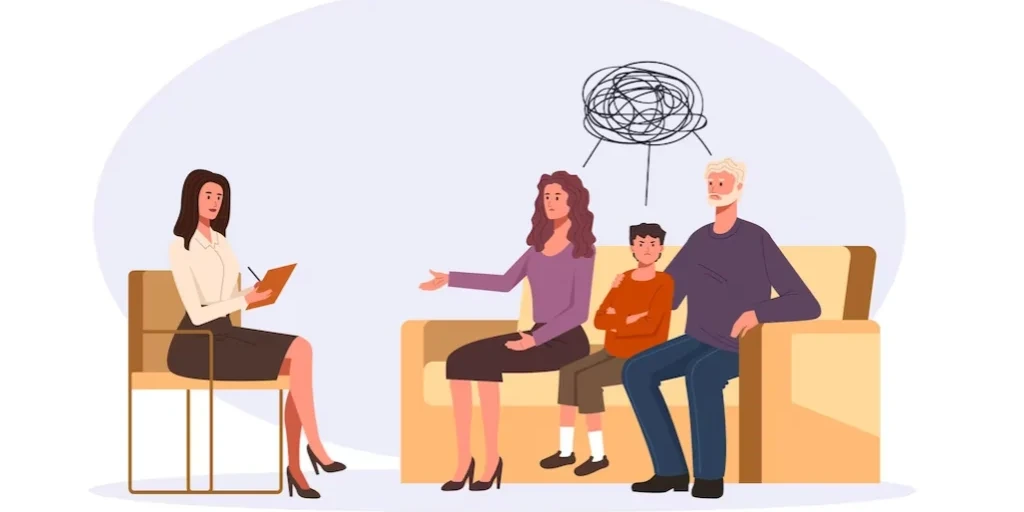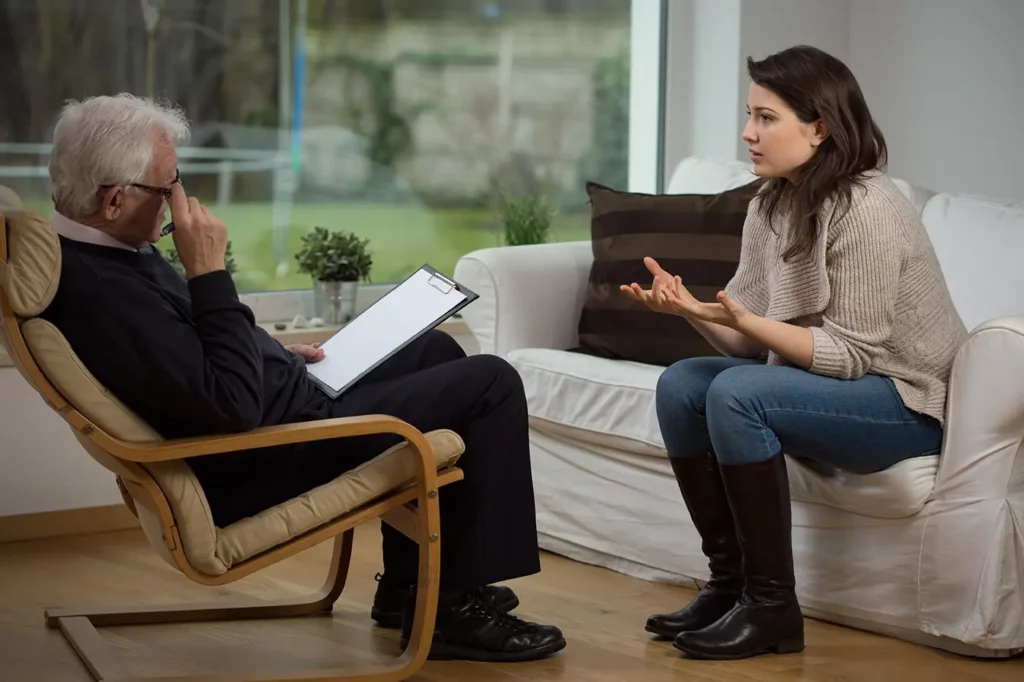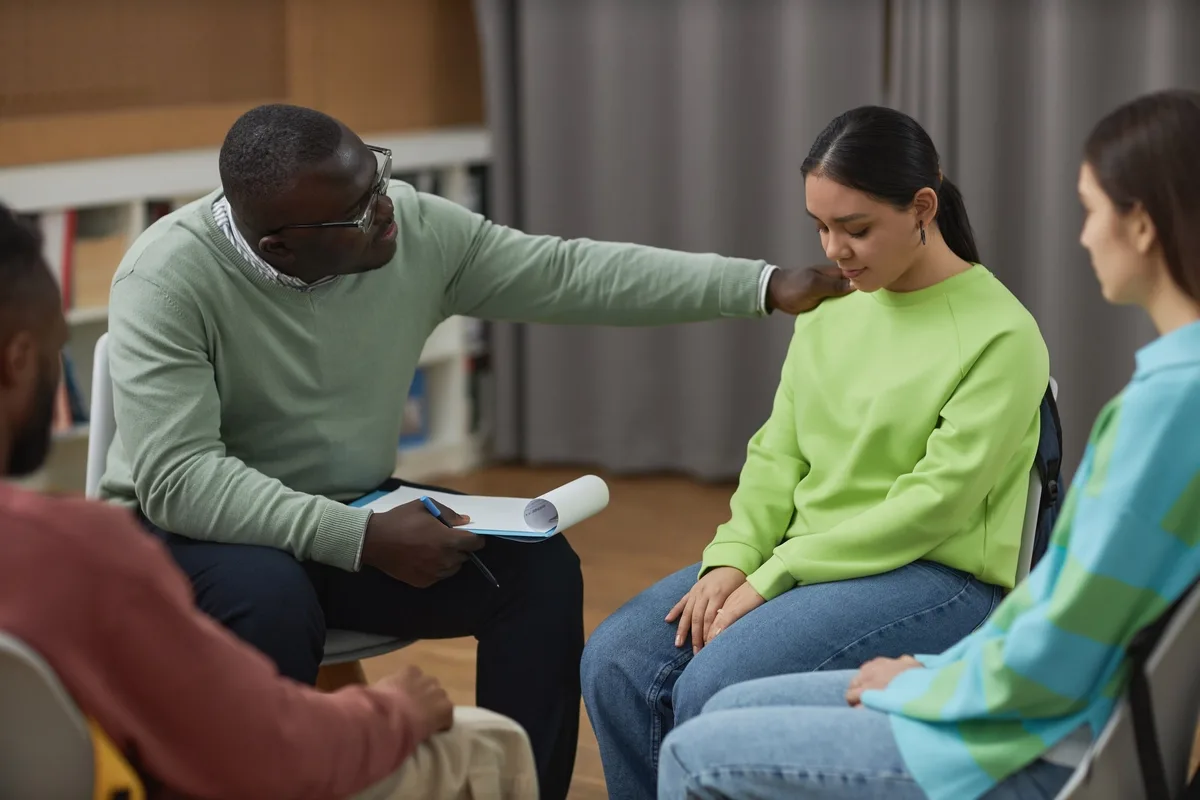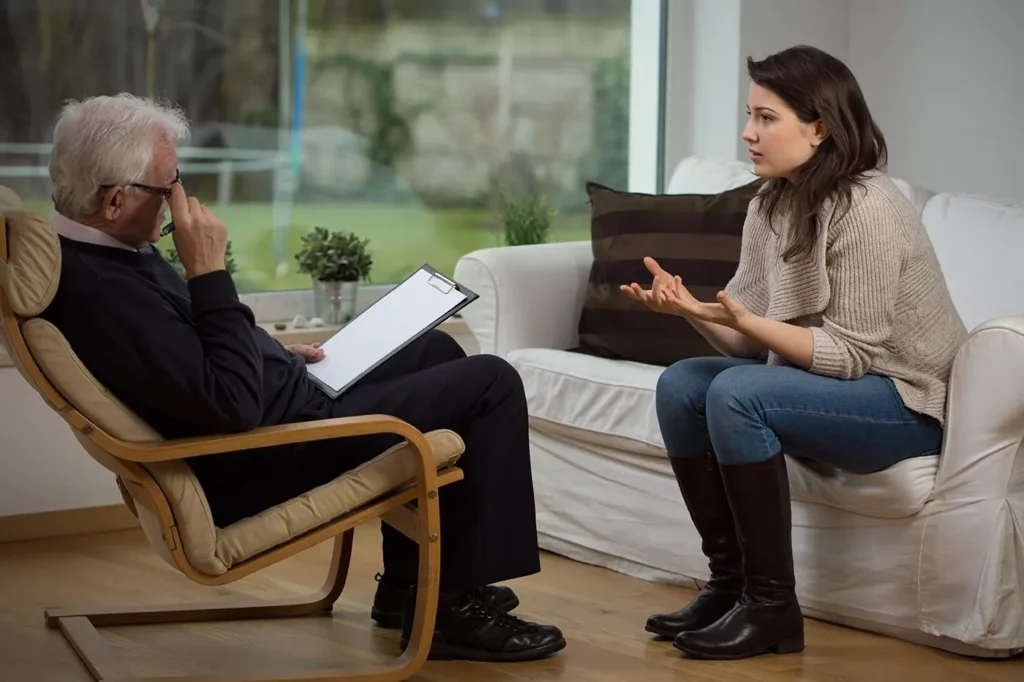24/7 Helpline:
(866) 899-221924/7 Helpline:
(866) 899-2219
Learn more about Dual Diagnosis Rehab centers in Blackwell

Other Insurance Options

Absolute Total Care

WellPoint

Molina Healthcare

United Health Care

Multiplan

Optima

CareFirst

Amerigroup

Horizon Healthcare Service

ComPsych

BlueCross

Optum

Self-pay options

American Behavioral

Highmark

Access to Recovery (ATR) Voucher

Coventry Health Care

Anthem

CareSource

UnitedHealth Group


Tonkawa Tribe – Substance Abuse Program
Indian Alcohol and Substance Abuse Tonkawa Tribe of Oklahoma offers outpatient services for people s...

Edwin Fair Community Mental Health Center – Kay County
Edwin Fair Community Mental Health Center – Kay County is a private rehab located in Ponca City, Okl...

Bridgeway
Bridgeway is located in Ponca City, Oklahoma. Bridgeway provides substance abuse treatment.

Ponca City Rightway Medical
Ponca City Rightway Medical is a private rehab located in Ponca City, Oklahoma. Ponca City Rightway ...



































Alpha II
Alpha II is a private rehab located in Tonkawa, Oklahoma. Alpha II specializes in the treatment of a...

































